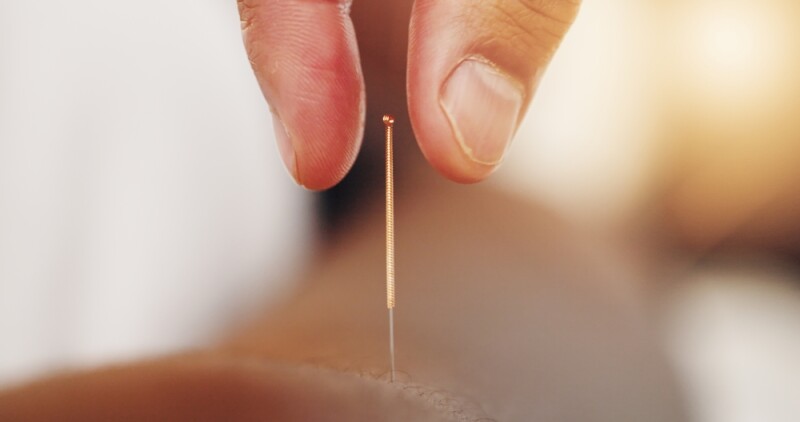Research finds plant-based diet reduces menopausal symptoms
A plant-based diet rich in soy reduces moderate-to-severe hot flashes by 84 percent, from nearly five per day to fewer than one per day, according to a new study published in the journal Menopause.
During the 12-week study, nearly 60 percent of women became totally free of moderate-to-severe hot flashes. Overall hot flashes, including mild ones, decreased by 79 percent.
The study, called the Women’s Study for the Alleviation of Vasomotor Symptoms (WAVS) trial, showed that diet changes can be much more powerful for treating hot flashes than scientists had thought. Vasomotor symptoms refer to night sweats, hot flashes, and flushes.
The study used no hormone medications or extracts. Instead, the research team tested a combination of a low-fat plant-based diet plus 1/2 cup of ordinary soybeans added to a salad or soup each day.
As many as 80 percent of postmenopausal women suffer from hot flashes. Heat wells up from the chest, causing flushing, sweating, and chills. At night, hot flashes interfere with sleep. Estrogen-based medications were once routinely used to treat hot flashes but have been shown to increase the risk of breast cancer and other serious problems. Isoflavone extracts from soybeans work only modestly, leaving women and their doctors with few effective options, the researchers said.
Postmenopausal women reporting two or more hot flashes per day were randomly assigned to either an intervention group—consisting of a low-fat, vegan diet, including half a cup of cooked soybeans daily—or to a control group that made no diet changes for 12 weeks. Frequency and severity of hot flashes were recorded using a mobile application, and vasomotor, psychosocial, physical, and sexual symptoms were assessed using the Menopause Specific Quality of Life Questionnaire (MENQOL).
Each participant was given a digital self-calibrating scale to track body weight day by day, a mobile app to track hot flashes in real time, and an Instant Pot to prepare soybeans at home. Each week, the group got together with the research team via Zoom.
Total hot flashes decreased by 79 percent and moderate-to-severe hot flashes decreased by 84 percent in the intervention group. At the study’s conclusion, 59 percent of intervention-group participants reported becoming free of moderate and severe hot flashes. There was no change in this variable in the control group.
In previous randomized trials, soy products have been shown to modestly reduce the frequency of hot flashes. The researchers theorize that the effect may be a result of soy products containing isoflavones, which can be metabolized by gut bacteria into equol, a nonsteroidal compound that has been shown in some studies to reduce the incidence and severity of hot flashes. Previous studies have also shown that those following vegetarian or vegan diets produce higher levels of equol. The new study showed a more robust response, using the combination of a plant-based diet plus soy.




















SHARE